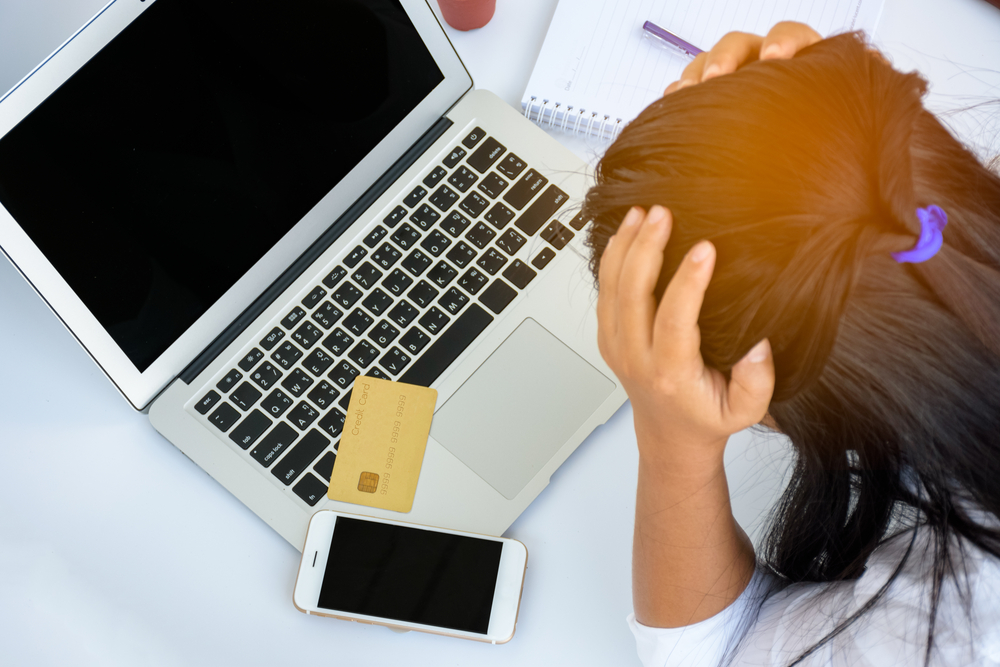Household Bills
Financial abuse on the up in lockdown

A report into economic abuse during the pandemic has revealed how domestic abusers utilised Covid-19 restrictions to restrict and sabotage victims’ economic resources, compromising their physical safety.
The report from Surviving Economic Abuse (SEA), titled The Cost of Covid: Economic abuse throughout the pandemic found that since the pandemic begun, abusers controlled victims’ access to their finances, benefits, child maintenance payments, everyday necessities such as food and utility bills, housing, and their ability to work or study.
Seven in 10 professionals said the number of victim or survivors of economic abuse coming to their organisations for help had increased in the past 12 months.
According to SEA, perpetrators also developed new context-specific tactics for control during lockdown, including hiding work equipment, wrongly informing a victim’s employer they had broken lockdown rules, or refusing to help with childcare.
The fact that 90% of victims or survivors who responded to the survey were separated and no longer living with the perpetrator, illustrated just how prevalent economic abuse is post-separation.
This reinforces the significance of the work SEA has undertaken to ensure post-separation abuse is made a criminal offence via the Domestic Abuse Bill.
The charity is calling on the government and businesses to further ensure women and girls’ economic safety remains a priority.
It says that economic safety underpins physical safety, with research showing that 8% of respondents had been planning to leave before the pandemic. This meant victims were forced to stay with an abusive partner for longer than they wanted to and experienced more harm as a consequence.
Women who experience economic abuse are five times more likely to experience physical abuse and are at increased risk of homicide and suicide.
According to the study of victims and survivors of economic abuse, 79% said the perpetrator had tried to control their finances, while 72% said because of the perpetrator’s actions, their financial situation had worsened.
More than four in 10 (45%) said because of the perpetrator’s’ actions, their employment or education had worsened, while 84% were worried about receiving child maintenance payments.
Dr Nicola Sharp-Jeffs, founder and CEO of SEA, said: “Our research into the impact of Covid-19 demonstrates how integral economic safety is to the overall safety of victim-survivors. For this reason, government and business alike must start to make economic safety a priority when working towards ending violence against women and girls.”
Jess Phillips MP, shadow minister for domestic violence and safeguarding, said: “These new findings shine a light on all of the ways abusers used the Covid-19 restrictions to control their victims’ economic resources and compromise their physical safety. I’m really grateful for all the work charities like Surviving Economic Abuse are doing to highlight this important issue.”